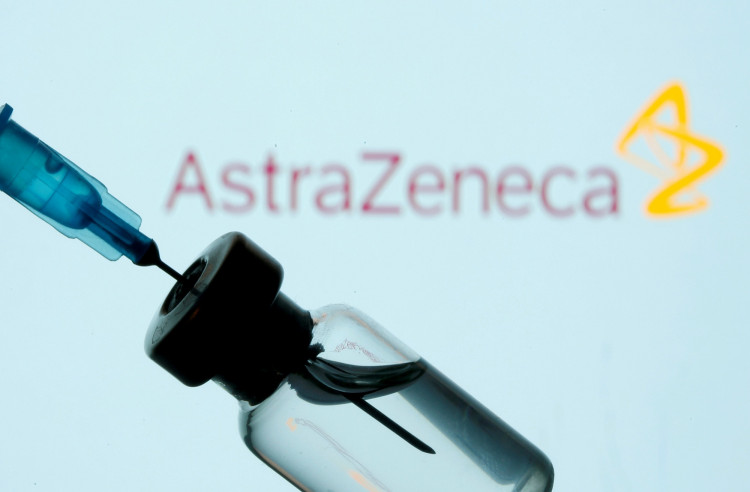Vaccines have finally arrived and while many countries have already started their immunization programs, multiple nations across Europe have suspended administering AstraZeneca's coronavirus vaccine.
Germany
On Monday, German health minister Jens Spahn said that the country will no longer use AstraZeneca's coronavirus vaccine after new cases of immunized people experiencing thrombosis. Three deaths have been linked to the vaccine so far.
The suspension of AstraZeneca use was recommended by the Paul Ehrlich Institute (PEI), Spahn said.
On Thursday, AstraZeneca shots were administered, and since then, there have been instances of coagulation (also called blood clotting) disorders, the PEI said.
PEI president Klaus Cichutek said that at this point, the halting of AstraZeneca use was "justified" so as to give time for discussion about the latest findings of vaccinated people suffering cerebral vein thrombosis.
France
Following Germany's announcement, French president Emmanuel Macron said that France will also stop using AstraZeneca shots.
Macron said the decision was made "as a precaution" and based on the recommendation of the European Medicines Agency (EMA).
French health minister Carolina Darias said the government will wait for studies regarding the blood clot incidents to determine whether the decision will be overturned or not.
Italy
In Italy, prosecutors said this week that they seized more than 393,000 AstraZeneca doses after a vaccinated man was reported to have died.
Last week, a similar incident took place in Sicily, when two men who were recently immunized passed away suddenly. The deaths resulted in the seizure of another batch of AstraZeneca shots.
Hours after Germany's announcement regarding the vaccine in question, the Italian Medicines Agency (AIFA) said it has suspended use of the shots "temporarily" while waiting for the EMA meeting.
Multiple other European countries have suspended the administration of AstraZeneca vaccines, including Bulgaria, Iceland, the Netherlands, Denmark and Norway.
Indonesia
In Asia, Indonesia became the second country outside Europe after Thailand to hold off AstraZeneca vaccine distribution as the country waits for the World Health Organization's review into the recent cases of blood clotting.
The country has around 1.1 million doses of the vaccine. 10 million more are expected to be shipped between March through May.
Thailand initially delayed administration of the vaccine Friday, but it has been confirmed that Thai prime minister Prayuth Chan-ocha became the first person in the country to be immunized with an AstraZeneca shot.
Expert Takes
Director of the Institute for Vaccine Safety at Johns Hopkins University, Daniel Salmon, said that so far, studies have not shown vaccines being the cause of blood clots.
Health experts said blood clots are "common" in general, and most likely, the cases of blood clotting across Europe are not related to getting immunized against COVID-19.
Data from the U.S. Centers for Disease Control and Prevention showed that around 300,000 to 600,000 people in the country develop blood clots in different parts of the body.
World Health Organization: Don't Stop Vaccination Programs
On Monday, the World Health Organization urged countries around the world to continue what they're doing with vaccination programs.
The World Health Organization has said that there was no indication so far that the recent deaths and cases of blood clotting were caused by the AstraZeneca vaccine.
AstraZeneca, on the other hand, said that it has reviewed reports of more than 17 million across the European Union and the United Kingdom. The company said that review results showed no link between the vaccine and increased blood clot risks.






